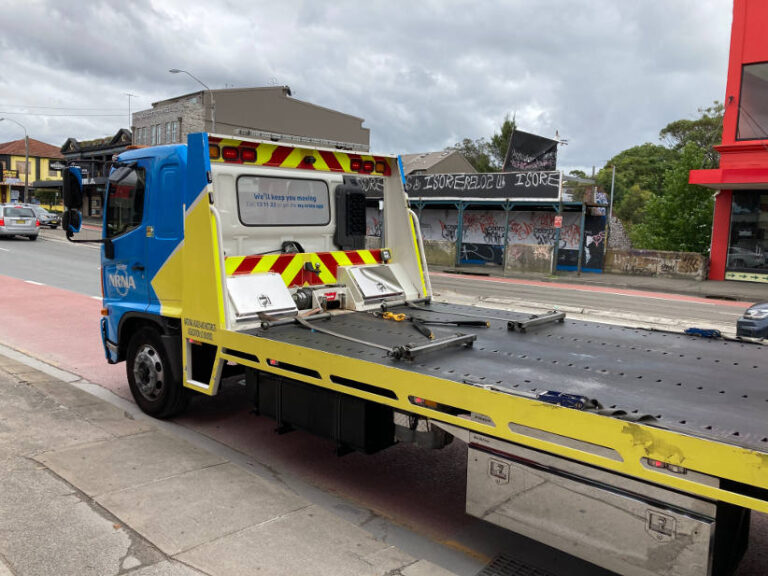In October 2020 ACA Research and AfMA released the Australian Corporate Fleets Insights Report as a follow-up to a similar survey conducted in 2018. The report looked at five trends impacting corporate fleets to identify the needs of organisations so other industry participants can help them overcome the challenges they present.
With COVID and unstable economic conditions dominating last year, it was surprising to read that there has been a 10% increase in corporate fleets since 2018 and the number of vehicles has increased by 16% to an estimated 2,513,000.
The survey asked participants to rank a list of criteria by importance when selecting a new vehicle for their fleet. It was surprising to see that safety, or ANCAP rating, did not make it into the top five. After all the work done by fleet managers and other industry participants to promote the benefits of safer vehicles for employees and other road users. We were stunned in the FAN offices.
The top factors when selecting a new vehicle were:
- Reliability
- Fit for Purpose
- Warranty period/coverage
- Fuel consumption/economy
- Load capacity
For fleets of all sizes, reliability was ranked the most important when selecting a company vehicle. Anyone would agree, keeping vehicles on the road is important for businesses. Though, considering the quality of vehicles sold today, isn’t reliability one the things you can tick off and then focus on safety and Total Cost of Ownership? Obviously not. Vehicle breakdowns must be something that are keeping fleet managers awake at night.
It was encouraging to see Fit for Purpose was ranked second overall. One of the golden rules of fleet management is to make sure the vehicle is suitable for its intended use. This applies to load carrying, kilometres travelled, where and how it’s used.
Only fleets with 250+ vehicles mentioned ANCAP ratings or Total Cost of Ownership in their top five. This is good for the safety of road users in the future because these fleets made up 61.7% of the vehicles counted in the report.
Smaller fleets (20-49 vehicles) considered warranty period/coverage, load capacity and fuel consumption import when selecting a company vehicle. This provides an important signal to fleet industry suppliers when targeting ABN Holders. Small business owners use their vehicles to carry goods and want to reduce running expenses and avoid unexpected maintenance costs.






